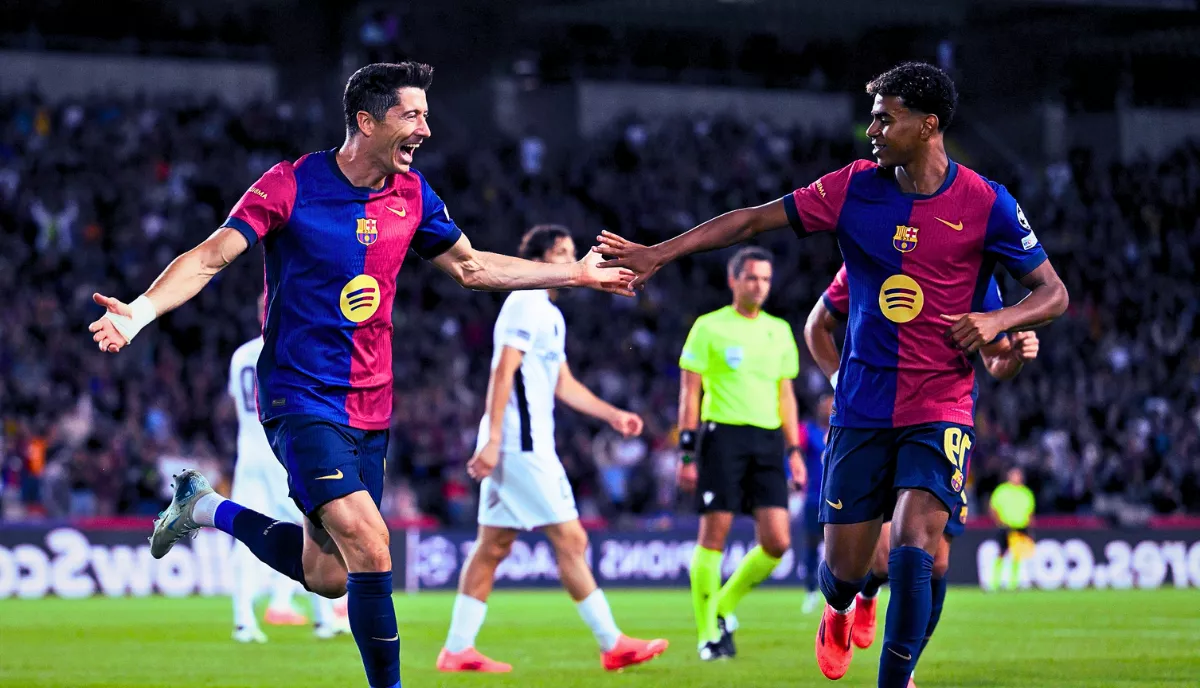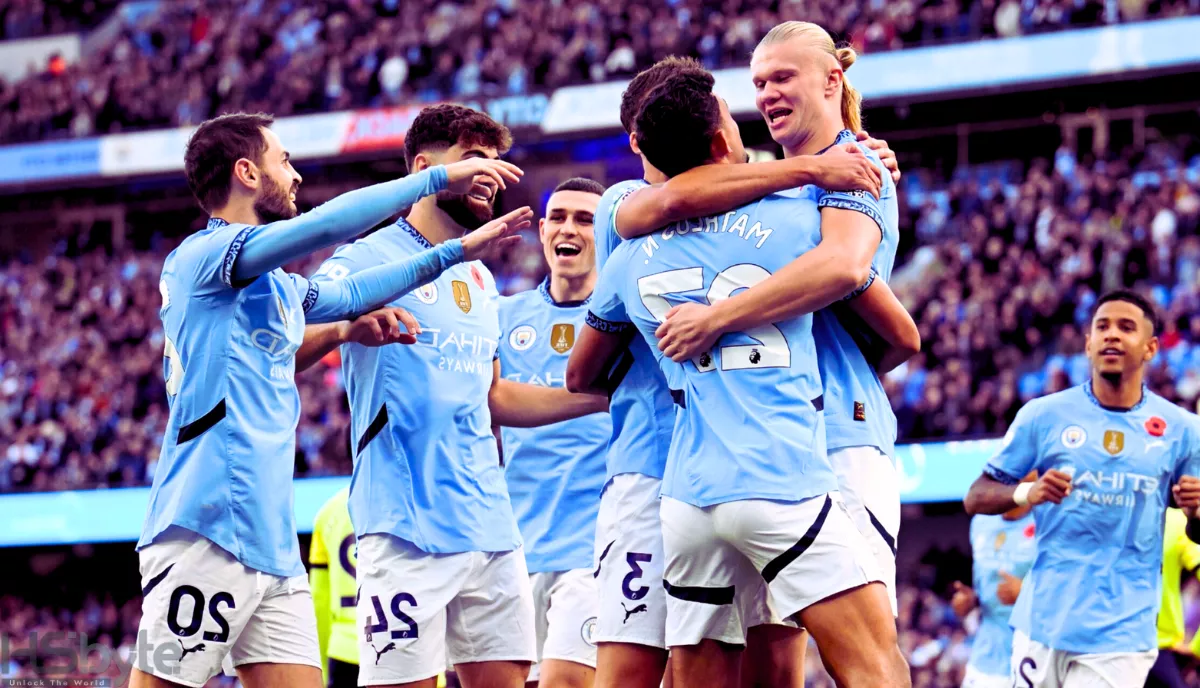

- Share
Arsenal Accused of 'Dark Arts' by Manchester City's Walker and Stones in Premier League Clash
Manchester City’s defenders Kyle Walker and John Stones have accused Arsenal of using so-called ‘dark arts’ to manage the final stages of Sunday’s Premier League top-of-the-table clash. The match, which ended in a 2-2 draw at the Etihad Stadium, saw Arsenal reduced to 10 men after Leandro Trossard was sent off just before halftime. Despite the numerical disadvantage, the Gunners put in a gritty defensive display to hold on to their lead until the 98th minute when City managed to equalize through substitute John Stones.
BBC Sport’s chief football writer, Phil McNulty, described Arsenal’s approach as “streetwise,” while manager Mikel Arteta praised his team’s resilience, calling their rearguard action “a miracle.”
City’s manager Pep Guardiola, meanwhile, was quick to defend his team, insisting that they played the game fairly and labeling City “an honest team.” He also acknowledged that, in situations like these, opposition teams will often resort to tactics aimed at disrupting the game.
Guardiola Acknowledges Arsenal’s Defensive Tactics
After the match, Guardiola was asked to comment on Arsenal’s strategy and their ability to maintain their narrow lead for most of the second half. Guardiola recognized the challenge of breaking down a team reduced to 10 men and acknowledged that Arsenal employed a range of time-wasting tactics to slow the game down and disrupt City’s rhythm.
“I know what the opponents are going to do. Tactically, there is always a way to try to do it,” Guardiola explained. “The behaviours we cannot control, but don’t go away from what is important.”
The City boss highlighted how Arsenal, under pressure from the relentless City attack, made full use of the situation by delaying the game, utilizing long balls, and employing time-wasting techniques such as players going down with cramps.
“It’s difficult to manage, which is why you have to be calm. Don’t make fouls, give rhythm to their game as little as possible,” Guardiola advised his players. “I understand, 10 against 11, [Arsenal goalkeeper David] Raya takes his time, the long balls. Sometimes cramp, another cramp, but stay in the game. It’s difficult, we did it really well.”
Guardiola’s comments showed an understanding of the realities of high-stakes football, especially in the context of a 10-man Arsenal trying to protect a lead against a team as dangerous as Manchester City.
The match at Etihad Stadium was always going to be a key encounter in the race for the Premier League title. Arsenal took an early lead, but the game shifted when Leandro Trossard was shown a red card shortly before halftime. Reduced to 10 men, Arsenal adopted a defensive mindset for the remainder of the game, aiming to hold onto their slim advantage.
City pressed hard in the second half, but Arsenal defended resolutely, frustrating their opponents with a combination of deep defending and, at times, delaying the game. Arsenal goalkeeper David Raya took his time with goal kicks, and several players went down with apparent injuries, leading to extended stoppages.
Despite these tactics, City managed to rescue a point in the dying moments of the match. A well-placed corner in the 98th minute saw John Stones score the crucial equalizer, ensuring City escaped with a 2-2 draw.
The ‘Dark Arts’ Debate
The accusation of ‘dark arts’ by Kyle Walker and John Stones points to Arsenal’s use of disruptive tactics, which is not uncommon when teams are trying to protect a lead with fewer players. These tactics can include time-wasting, delaying restarts, and breaking up the game’s flow—methods often used by teams facing relentless pressure from superior opposition.
Such strategies, while frustrating for the opposing team, are considered by some as part of the game. In fact, Phil McNulty described Arsenal’s approach as “streetwise,” implying that the Gunners’ players were simply doing what was necessary to secure a result.
Mikel Arteta, Arsenal’s manager, was full of praise for his team’s effort in the post-match interviews. Describing their performance as “a miracle,” Arteta pointed out how difficult it is to defend with 10 men, especially against a side as attack-minded as Manchester City.
Guardiola’s Respect for Arsenal’s Approach
While Walker and Stones expressed frustration with Arsenal’s methods, Pep Guardiola took a more measured approach. Rather than focusing on the accusations of time-wasting, Guardiola appeared to acknowledge that Arsenal’s tactics were understandable under the circumstances.
“They are trying to do what they need to do,” Guardiola seemed to suggest in his post-match comments. While he emphasized City’s focus on playing “an honest game,” he also seemed to recognize that in football, particularly in high-pressure situations, teams will resort to whatever tactics are necessary to achieve their objectives.
Conclusion: A Hard-Fought Point for Both Sides
In the end, the match between Manchester City and Arsenal was a dramatic encounter with both teams leaving the pitch having secured a point. Arsenal’s use of ‘dark arts’ may have raised eyebrows among City’s players, but it is part of the gritty reality of modern football, especially in high-stakes matches involving top teams.
For Arsenal, holding City to a 2-2 draw with only 10 men for much of the game will be seen as a moral victory, demonstrating their ability to dig in and defend under pressure. For Manchester City, the late equalizer showed their persistence and ability to fight until the final whistle, even when frustrated by the opposition’s tactics.
As the Premier League season continues, this game will likely be remembered for both its controversy and its intensity. The accusation of ‘dark arts’ will undoubtedly add another layer to the growing rivalry between Manchester City and Arsenal as both teams continue their pursuit of the title.
You May Also Like

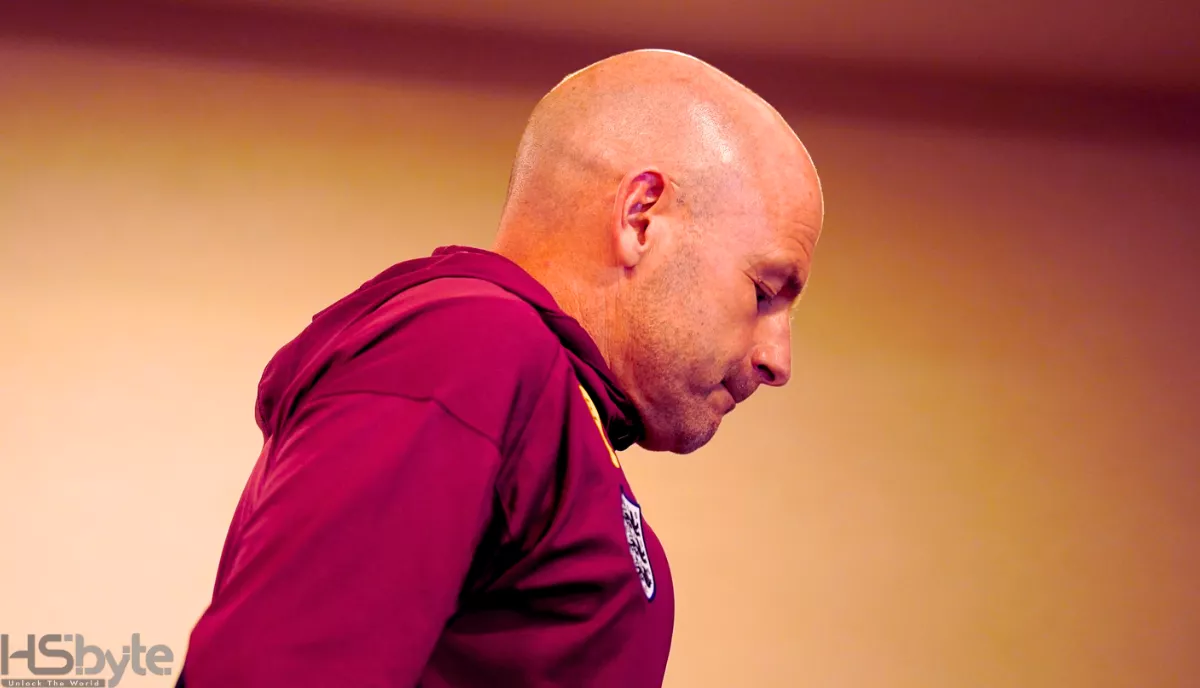
Lee Carsley’s Struggles as Interim England Manager Intensify

Trent Alexander-Arnold Free-Kick Stuns Finland
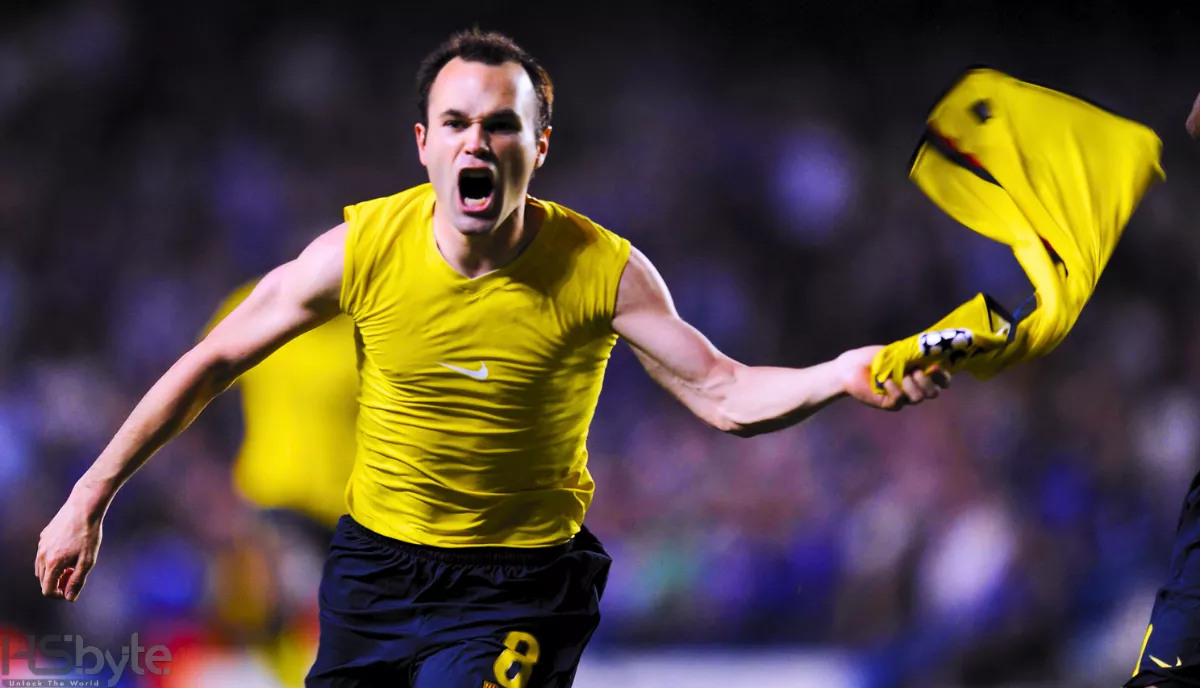
Andres Iniesta Retires: Football Legend Ends Iconic Career at 40

Jack Grealish’s Emotional England Comeback After Euro 2024 Omission

Cole Palmer: Premier League’s Most Exciting Talent Right Now
Latest Update

10 Best TV Shows Rivals to The Diplomat This October

Adil Rashid Retirement Plans: England’s Leg-Spinner Eyes More Wins
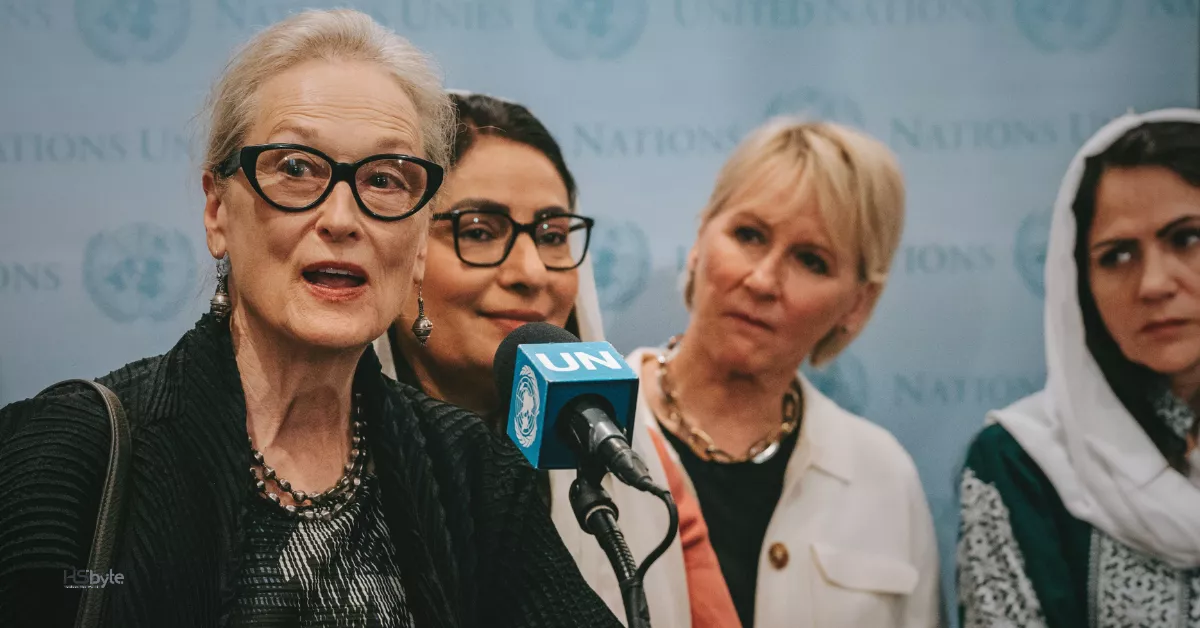
Afghan Women Rights Under Attack: Meryl Streep Condemns Taliban

Andres Iniesta Retires: Football Legend Ends Iconic Career at 40


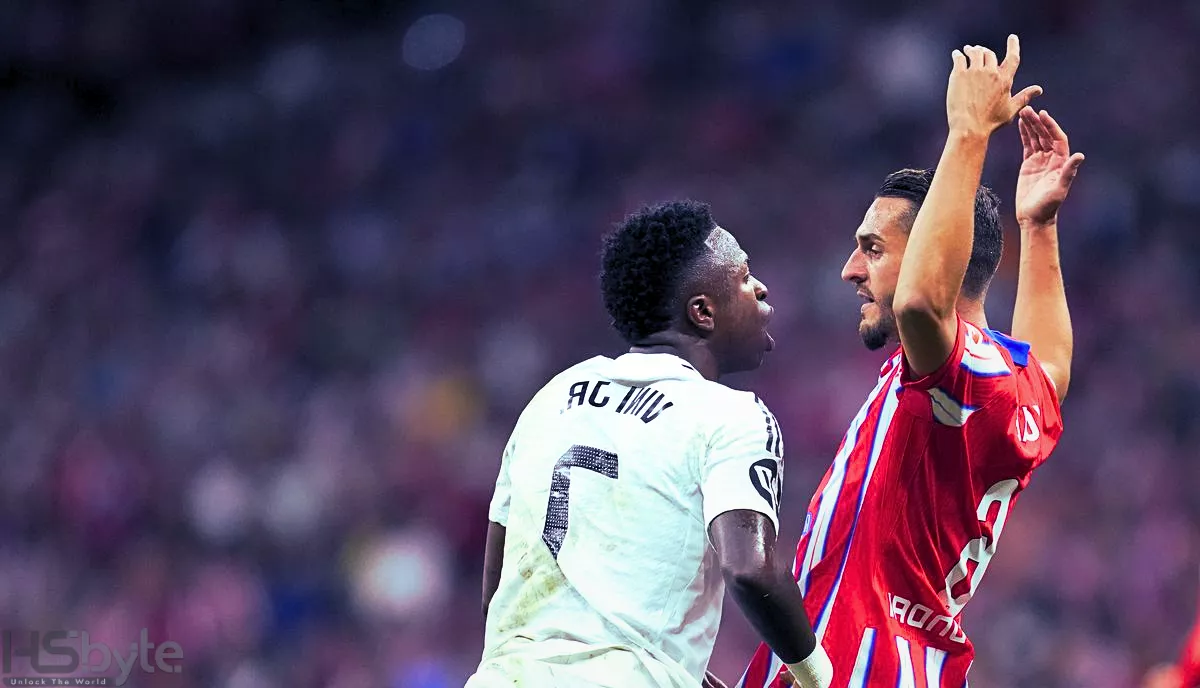
Atletico Madrid vs Real Madrid: Dramatic Equaliser in Heated Derby
